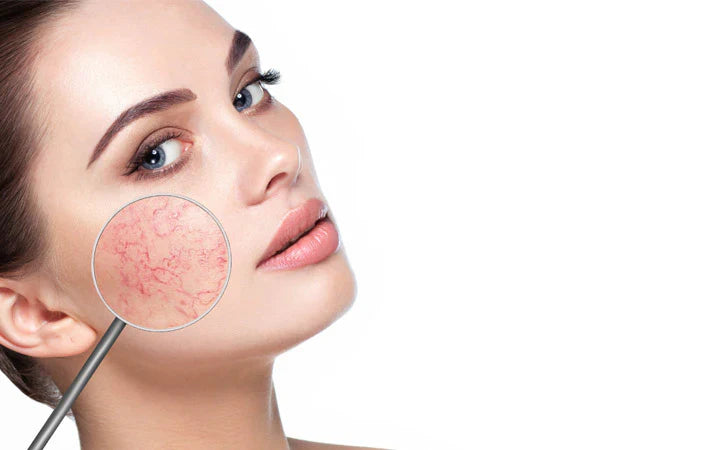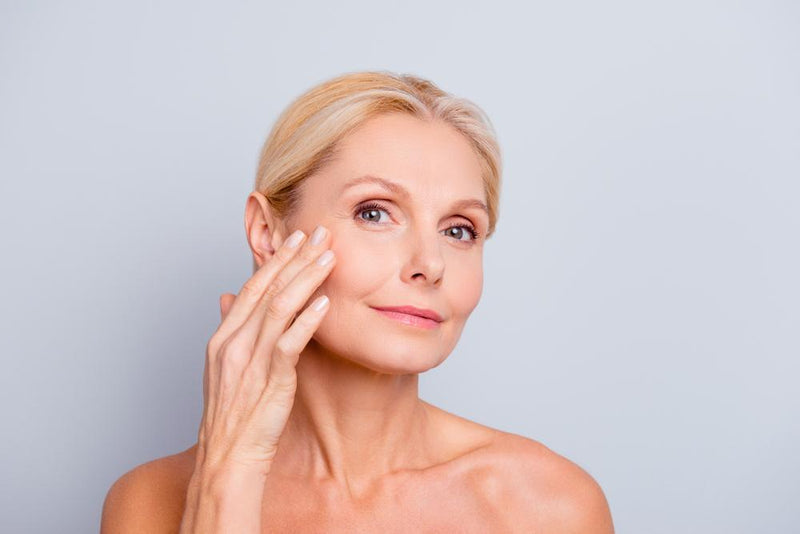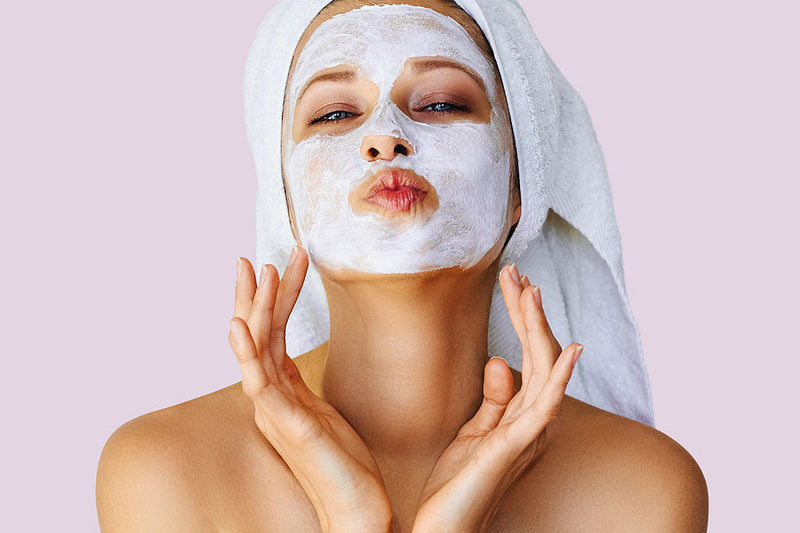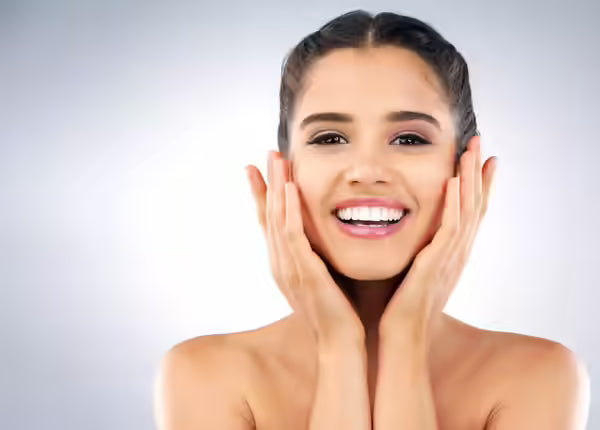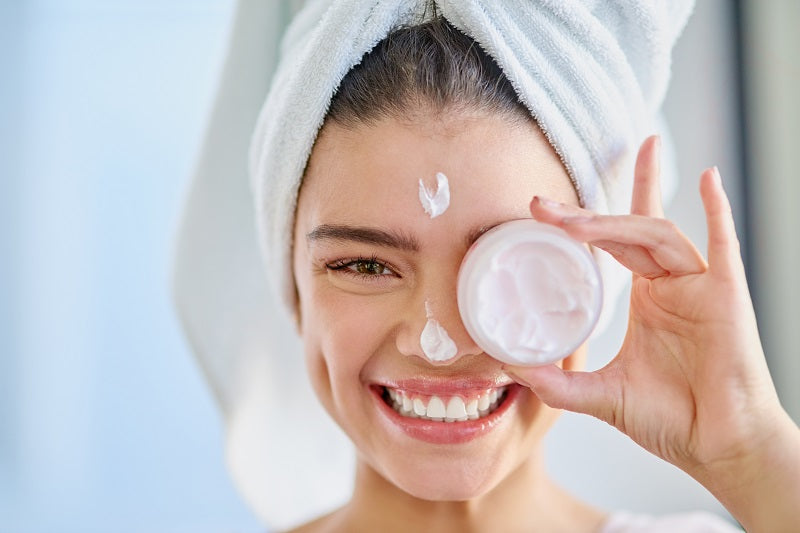From Silicon Valley to Vanity Tables: How Tech Entrepreneurs Are Reinventing Beauty
The beauty industry, long dominated by legacy brands and traditional marketing approaches, is undergoing a seismic transformation. At the heart of this revolution are tech entrepreneurs from Silicon Valley who are applying the same data-driven, user-centric principles that disrupted industries like transportation, hospitality, and finance to the world of beauty and personal care. These innovators aren't just creating new products—they're fundamentally reimagining how beauty solutions are developed, delivered, and experienced.
Gone are the days when beauty meant one-size-fits-all formulations and generic marketing campaigns. Today's tech-savvy beauty brands leverage artificial intelligence, machine learning, computer vision, and advanced data analytics to create hyper-personalized experiences that address individual skin concerns, genetic predispositions, and lifestyle factors. This shift from mass marketing to mass personalization represents the most significant evolution in beauty since the industry's inception.
The Silicon Valley Mindset Meets Beauty
What makes Silicon Valley entrepreneurs uniquely positioned to disrupt beauty? It's their fundamental approach to problem-solving. Rather than starting with a product and finding customers, they begin by identifying genuine consumer pain points and building solutions around them. They treat beauty not as an art form based on intuition and tradition, but as a science that can be optimized through data and technology.
This mindset shift is evident in how these companies operate:
- Data-First Development: Products are developed based on real consumer data rather than focus groups or industry trends
- Iterative Improvement: Like software, beauty products are continuously refined based on user feedback and performance data
- Direct-to-Consumer Focus: Cutting out middlemen allows for better margins, deeper customer relationships, and faster innovation cycles
- Transparency and Education: Tech founders prioritize ingredient transparency and consumer education over marketing mystique
- Scalable Personalization: Technology enables mass customization that would be impossible with traditional manufacturing
This approach has resonated particularly well with younger consumers who expect the same level of personalization and digital sophistication from their beauty products that they experience in other areas of their lives.
The global beauty tech market is projected to reach $14.5 billion by 2027, with personalized beauty solutions growing at a compound annual growth rate of 12.8%, significantly outpacing the overall beauty market.
AI-Powered Skin Analysis and Diagnostics
One of the most transformative applications of technology in beauty is AI-powered skin analysis. Traditional skin consultations relied heavily on subjective visual assessment, but tech entrepreneurs have developed sophisticated computer vision systems that can analyze skin with unprecedented accuracy and objectivity.
Companies like HiMirror, Neutrogena's Skin360, and numerous startup apps use smartphone cameras combined with AI algorithms to assess skin conditions including:
- Wrinkle depth and distribution
- Pore size and visibility
- Hyperpigmentation and dark spots
- Redness and inflammation
- Skin texture and smoothness
- Moisture levels and barrier function
These systems use machine learning models trained on thousands of dermatological images to provide objective, quantifiable assessments that track changes over time. Some advanced platforms can even predict future skin concerns based on current conditions and environmental factors.
The data collected from these analyses doesn't just provide insights—it directly informs product recommendations and formulations. This creates a closed-loop system where skin data drives product development, which in turn generates more data for continuous improvement.
Personalized Formulations: Beauty as a Service
Perhaps the most revolutionary aspect of the tech beauty movement is the ability to create truly personalized formulations at scale. Companies like Function of Beauty, Proven, and Atolla have developed proprietary algorithms that combine multiple data points to create custom products for individual users.
These personalization engines typically consider:
- Genetic Factors: Skin type, sensitivity, and predisposition to certain conditions
- Environmental Data: Climate, pollution levels, and UV exposure in the user's location
- Lifestyle Factors: Sleep patterns, stress levels, diet, and exercise habits
- Current Skin Concerns: Specific issues the user wants to address
- Product Preferences: Texture, scent, and ingredient restrictions
- Historical Performance: How the user's skin has responded to previous products
The result is a formulation that's uniquely tailored to the individual's needs, with ingredients and concentrations optimized for maximum efficacy. This represents a dramatic departure from the traditional beauty model of creating products for broad demographic segments.
Smart Beauty Devices and IoT Integration
Tech entrepreneurs are also reimagining beauty tools and devices through the lens of the Internet of Things (IoT) and smart technology. These connected devices collect data, provide feedback, and integrate with broader beauty ecosystems:
- Smart Mirrors: Devices like HiMirror and CareOS analyze skin condition, track product usage, and provide personalized recommendations
- Connected Cleansing Devices: Tools that monitor cleansing technique, duration, and pressure to optimize results
- UV Sensors: Wearable devices that track sun exposure and provide real-time protection recommendations
- Smart Hair Tools: Hair dryers and straighteners that adjust temperature based on hair type and condition
- At-Home Diagnostic Devices: Tools that measure skin hydration, oil production, and other biomarkers
These devices create rich data streams that feed back into personalization algorithms, creating increasingly sophisticated and effective beauty recommendations over time.
Data-Driven Ingredient Innovation
Beyond personalization, tech entrepreneurs are using data science to revolutionize ingredient discovery and formulation. Traditional beauty R&D often relied on trial-and-error approaches and limited consumer feedback, but data-driven companies can analyze massive datasets to identify patterns and opportunities.
For example, Proven Skincare's "Skin Genome Project" analyzed over 8 million customer reviews, 100,000 ingredients, and 50,000 products to identify which ingredients work best for specific skin types and concerns. This data-driven approach led to the discovery of previously overlooked ingredients and novel combinations that traditional R&D might have missed.
Machine learning algorithms can also predict ingredient interactions, stability issues, and potential sensitivities before products are even manufactured, reducing development time and improving safety.
AI-powered formulation platforms can reduce product development time from 18-24 months to just 3-6 months while simultaneously improving efficacy and reducing the risk of adverse reactions.
The Subscription Economy Meets Beauty
Tech entrepreneurs have also applied subscription economy principles to beauty, creating ongoing relationships with customers rather than one-time transactions. These subscription models offer several advantages:
- Continuous Optimization: Products can be refined based on ongoing feedback and changing needs
- Predictive Replenishment: Algorithms can predict when customers will run out of products and automatically ship replacements
- Seasonal Adaptation: Formulations can be adjusted for seasonal changes in skin needs
- Loyalty and Retention: Ongoing relationships lead to higher customer lifetime value and better data collection
- Reduced Waste: Precise formulation and delivery reduce product waste and environmental impact
This model aligns perfectly with the personalized beauty approach, as it allows for continuous refinement and adaptation based on real-world performance data.
Challenges and Ethical Considerations
While the tech beauty revolution offers tremendous promise, it also presents significant challenges and ethical considerations:
- Data Privacy: Collecting detailed biometric and personal data raises important privacy concerns that must be addressed through robust security measures and transparent policies
- Algorithmic Bias: AI systems trained on limited datasets may not work equally well for all skin tones, types, and ethnicities
- Regulatory Compliance: The rapid pace of innovation can outpace regulatory frameworks, creating potential safety concerns
- Digital Divide: High-tech beauty solutions may be inaccessible to consumers without smartphones or reliable internet access
- Over-Medicalization: Treating beauty as purely scientific may overlook the emotional and cultural aspects of personal care
Responsible tech beauty companies are addressing these challenges through diverse training datasets, transparent data policies, regulatory compliance, and inclusive design principles.
Notable Tech Beauty Success Stories
Several companies exemplify the successful fusion of technology and beauty:
- Function of Beauty: Uses algorithms to create custom hair and skincare products based on individual preferences and needs
- Proven Skincare: Leverages AI and massive datasets to create personalized skincare formulations
- Atolla: Combines at-home testing with machine learning to create custom serums that evolve with your skin
- HiMirror: Smart mirror that analyzes skin condition and tracks beauty routine effectiveness
- Curology: Connects users with dermatologists and uses data to create custom prescription skincare
These companies demonstrate that technology can enhance rather than replace the human elements of beauty, creating solutions that are both scientifically rigorous and personally meaningful.
The Future of Tech-Driven Beauty
As technology continues to advance, we can expect even more sophisticated applications in beauty:
- Genomic Beauty: Products tailored to individual genetic profiles and epigenetic factors
- AR/VR Try-Ons: Immersive virtual experiences that allow realistic product testing before purchase
- Blockchain Transparency: Immutable records of ingredient sourcing and product authenticity
- Predictive Beauty: AI systems that anticipate skin concerns before they become visible
- Sustainable Innovation: AI-optimized formulations that minimize environmental impact while maximizing efficacy
The convergence of biotechnology, artificial intelligence, and consumer technology will continue to blur the lines between beauty, health, and wellness, creating holistic solutions that address the whole person rather than just surface concerns.
Redefining Beauty for the Digital Age
The influx of Silicon Valley entrepreneurs into the beauty industry represents more than just a trend—it's a fundamental reimagining of what beauty can be in the digital age. By applying data science, artificial intelligence, and user-centric design principles, these innovators are creating solutions that are more effective, more personalized, and more aligned with modern consumer expectations.
This transformation isn't about replacing human expertise with algorithms, but about augmenting human intuition with data-driven insights. It's not about eliminating the artistry of beauty, but about grounding that artistry in scientific rigor and personal relevance.
As these technologies become more sophisticated and accessible, we can expect beauty to become increasingly personalized, predictive, and preventative. The vanity table of the future won't just hold products—it will be a connected ecosystem that understands your unique needs, adapts to your changing conditions, and delivers precisely what your skin requires at any given moment.
From Silicon Valley to vanity tables worldwide, the tech beauty revolution is democratizing access to personalized, effective beauty solutions while simultaneously raising the bar for what consumers can expect from their beauty routines. In this new era, beauty isn't just about looking good—it's about leveraging technology to achieve optimal skin health and confidence through solutions that are as unique as the individuals who use them.













